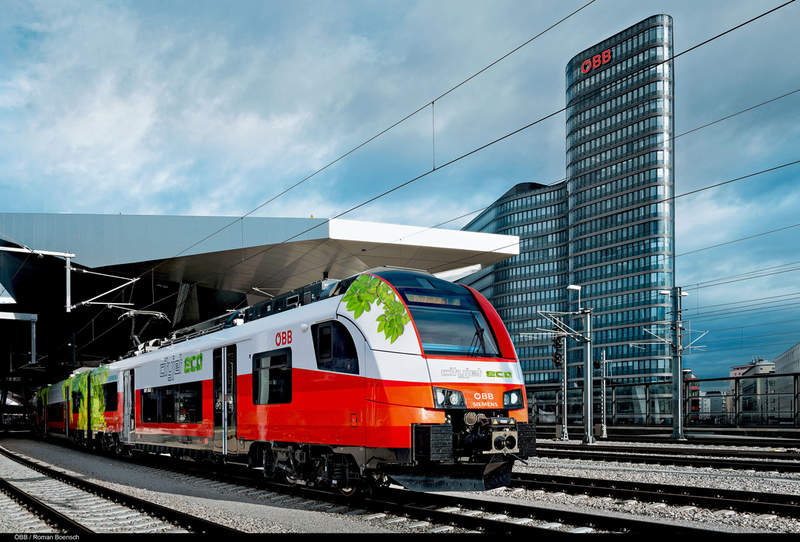
Austrian Federal Railways (ÖBB) and Siemens Mobility have unveiled the prototype of the Desiro ML Cityjet eco, a battery-powered train.
The train will be presented at the InnoTrans 2018 in Berlin this month, and is designed to operate on the non-electrified rail lines as an alternative to diesel-powered vehicles.
Development of the prototype is driven by the initiative to enable eco-friendly rail operations as battery-powered units can reduce carbon dioxide emissions by up to 50% compared to diesel trains.
It is expected to be used in passenger services in the second half of next year following comprehensive testing.
ÖBB Personenverkehr management board member Evelyn Palla said: “We’re always looking for ways to improve our products and make them more environmentally friendly.
“As part of this quest, ÖBB will continue to focus on replacing diesel vehicles in the future. As Austria’s largest climate protection company, ÖBB is spearheading a further initiative in the fight against climate change with the Cityjet eco.”
Under a pilot project, Siemens is currently testing a new technology to charge the train batteries through the pantograph on electrified rail lines.
When this train enters a non-electrified stretch, it will be powered by the batteries in the system for operations.
Procured from ÖBB’s Siemens Desiro ML fleet, the battery-powered train will be used for this pilot project.
The train features a battery system in the middle car. The overall system includes three battery containers, two DC/DC controllers, a battery cooler and associated electronic components.
The vehicle uses lithium-titanate batteries, which are negligibly affected by weather and climate conditions. These batteries are expected to have an operating life of around 15 years.



